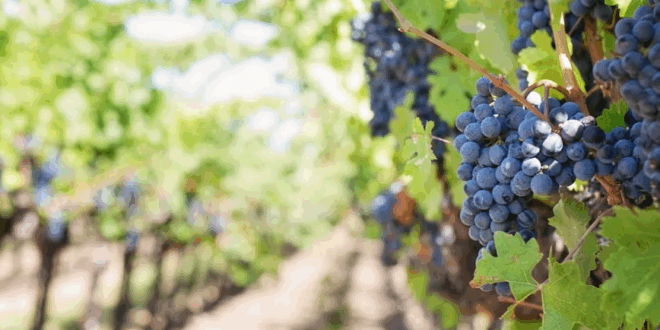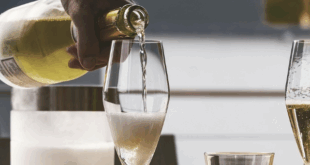In a world increasingly focused on sustainability, natural ingredients, and mindful living, the wine world has also seen a quiet revolution: biodynamic wines. These unique wines have gained a devoted following not just for their purity and expression of terroir, but also for the philosophical and almost spiritual approach behind them.
But what exactly is biodynamic wine? Is it just organic wine with a fancy name—or is there more in the bottle?
Let’s uncork the truth.
What Is Biodynamic Wine?
Biodynamic wine comes from vineyards farmed according to biodynamic agriculture—a method developed by Austrian philosopher Rudolf Steiner in the 1920s. It’s a holistic, ecological, and ethical approach to farming that treats the vineyard as a living organism.
This means:
- No synthetic chemicals or pesticides
- Emphasis on soil health and biodiversity
- Natural composts and preparations
- Farming in harmony with lunar and cosmic rhythms
In short, biodynamic winemaking is organic plus spirituality and science—a blend of old-world wisdom and regenerative agriculture.
The Lunar Calendar and Cosmic Influence
One of the most unique aspects of biodynamic viticulture is timing vineyard work with a biodynamic calendar, which considers lunar phases and planetary positions. Activities like pruning, planting, and harvesting are aligned with days labeled as:
- Fruit Days – Best for harvesting grapes
- Root Days – Ideal for pruning
- Flower Days – Good for tasting wine
- Leaf Days – Rest days
Skeptical? You’re not alone. While some see it as pseudoscience, many top winemakers swear it leads to better balance, vitality, and terroir expression in the wine.
🍇 Winemaking the Biodynamic Way
Biodynamic winemakers take a “hands-off” approach in the cellar:
- Indigenous (wild) yeasts for fermentation
- No synthetic additives or lab-grown enzymes
- Little to no filtration
- Minimal (or no) added sulfites
This leads to wines that are often livelier, more expressive, and reflective of their origin—though they may taste different from conventional wines.
What Does Biodynamic Wine Taste Like?
There’s no single flavor profile, but biodynamic wines are often described as:
- Vibrant and energetic
- Earthy, honest, and unmasked
- Complex and evolving in the glass
They may also have more vintage variation since they’re made with minimal intervention. That’s part of their charm—the idea that each bottle is a true snapshot of time and place.
Notable Biodynamic Wine Producers
Many world-renowned wineries are either fully biodynamic or heavily influenced by the principles:
- Nicolas Joly (Loire Valley, France) – A biodynamic pioneer
- Domaine Zind-Humbrecht (Alsace, France)
- Felton Road (Central Otago, New Zealand)
- Araujo Estate (Napa Valley, USA)
- Strohmeier (Austria) – Known for cloudy, alive natural wines
You’ll often find biodynamic certification on the label from organizations like Demeter or Biodyvin.
Should You Try Biodynamic Wine?
Absolutely—especially if you’re interested in:
- More sustainable and ethical consumption
- Supporting small-scale, craft producers
- Wines that reflect the true character of a place and season
While not every bottle will suit every palate, exploring biodynamic wines can open up an exciting, honest side of wine that’s connected to both nature and tradition.
Final Pour
Biodynamic wine is more than just a trend — it’s a return to viewing the vineyard as part of a larger, interconnected world. Whether you’re a curious wine drinker or an eco-conscious consumer, it’s worth raising a glass to the farmers and winemakers bringing biodynamics to life—one vine, one grape, one bottle at a time.
 Vino-Club For Wine Lovers
Vino-Club For Wine Lovers






